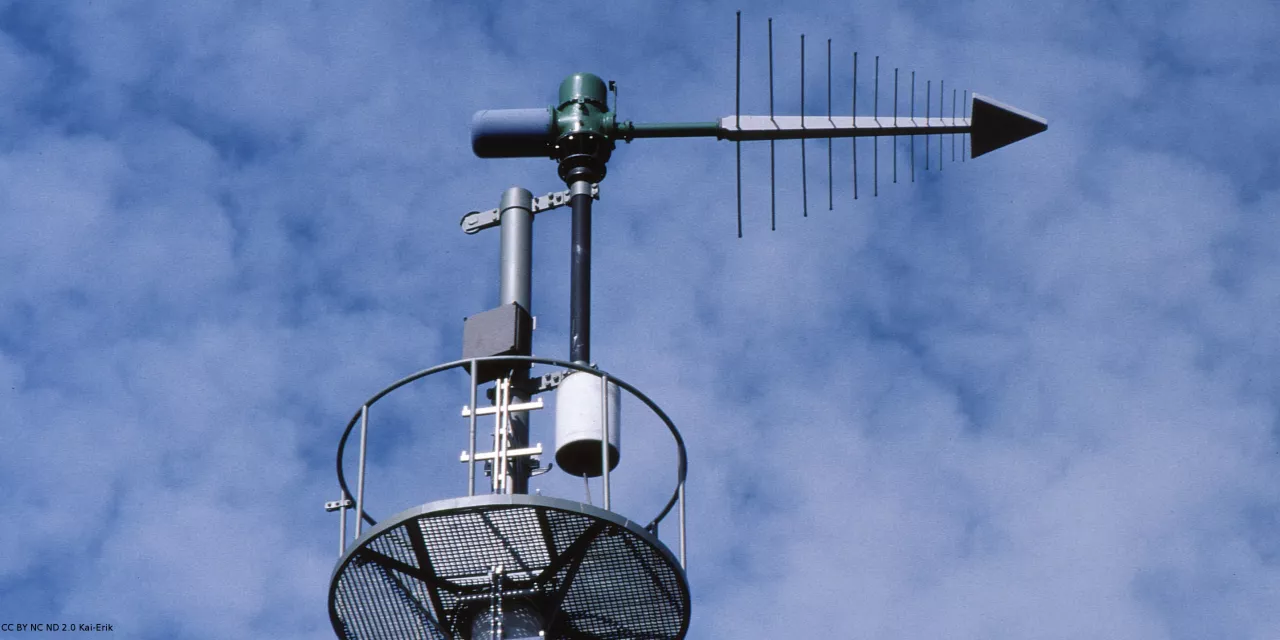High Office of Public Prosecution SH

The BigBrotherAward in the category "Communication" goes to Erhard Rex, General Attorney of Schleswig-Holstein, as chief of the Public Attorney's offices of Kiel and Lübeck for a large area search for witnesses using mobile phone locating without well-funded justification, and for his refusal to allow inspection of the associated files by the data protection commissioners of the federal state of Schleswig-Holstein.
In June 2005, a remnants market in the Schleswig-Holstein city of Bad Segeberg burned down due to arson. The state attorney submitted a request to allow police to perform a so-called radio cell inquiry. Network operators T-Mobile, Vodafone, E-Plus, and O2 were ordered to identify all their customers who had used their mobile phone near the scene of the crime during the night of the fire. Seven hundred mobile phone owners subsequently received mail from the police. They were asked in a questionnaire where they had been that night, who was with them and whether they had noticed anything uncommon. In a press statement, police made clear that those who wouldn't reply would arouse suspicion.
The questionnaire was voluminous - for instance, anyone who was in a vehicle that night was asked to provide the license number, brand, type and colour ... of his own vehicle. Were police really just looking for witnesses? Among the receivers of the questionnaire was a journalist who had reported about the fire for a local newspaper and had used his phone at the scene of the crime. Press reports finally caused the case to be raised in Schleswig-Holstein's parliamentary committees of internal and legal affairs. It was brought to light that this radio cell inquiry had been a very special debut: for the first time this kind of investigation had not been used to identify suspects or even offenders, but mere witnesses who were then treated as potential suspects all the same.
A murder committed in Oedendorf (south-east of Hamburg) in June 2005 also led to the use of mobile phone location. About 3000 individuals were identified due to an order issued by the Public Attorney, but after public pressure this line of investigation had to be abandoned. But 150 persons had already been questioned over the phone. How many of these will have made themselves suspicious by careless remarks or misunderstandings? As the site of crime was next to a country road and a motorway, many mobile phone users who were just passing by had attracted the attention of police investigators.
It remains unknown what happened to the retrieved data and call protocols. When the Independent Centre for Data Protection, Schleswig-Holstein (the state's Data Protection Commissioner) requested wanted to inspect the case, the attorney ordered police not to disclose the files.
It is the Big Brother Awards jury's opinion that in both cases the state's legitimate interest in criminal prosecution was exercised in a way that violated the constitutional rights of the affected citizens in an unacceptable way. Cell phone providers were forced to violate their customer privacy agreements without probable cause. Countless innocent citizens were turned into suspects. The burden of proof was reversed - potential witnesses had to prove their innocence.
Congratulations, Erhard Rex, State Prosecutor of Schleswig-Holstein.
Laudator.in





